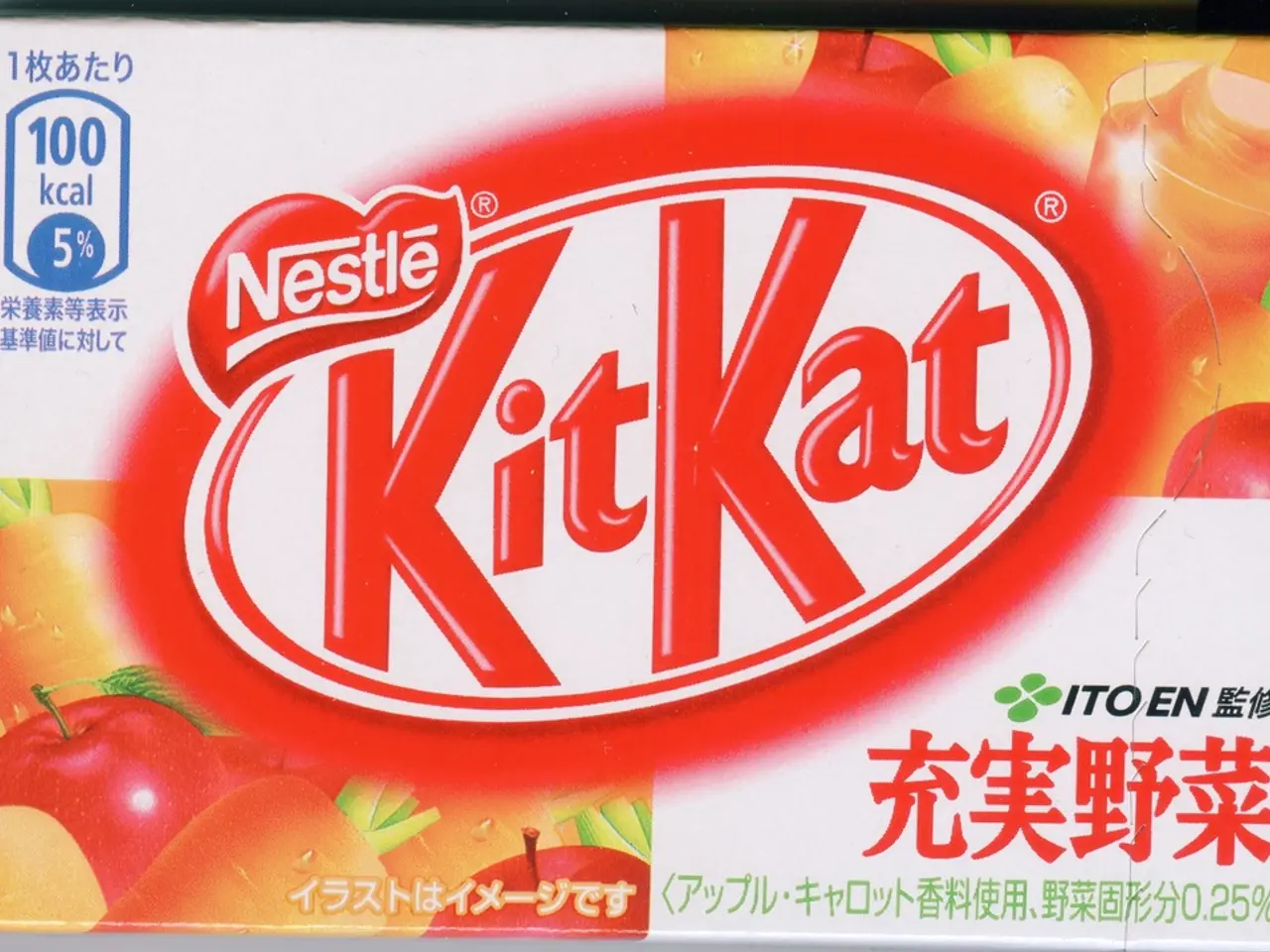Safe Weight Reduction Strategies for Adolescents: Recommendations and restrictions
Supporting Teenagers in Maintaining a Healthy Weight and Lifestyle
Maintaining a healthy weight is crucial for teenagers as it reduces the risk of various health issues and promotes overall well-being. Here's a guide to help teenagers and their families adopt balanced, family-supported lifestyle changes that encourage nutritious eating, regular physical activity, and healthy habits without resorting to extreme dieting or restrictive behaviors.
Healthy Eating Habits
Encourage a diet rich in unprocessed, plant-based foods such as whole grains, legumes, and a variety of colorful vegetables and fruits. Limit unhealthy foods like sugary drinks, chips, and processed snacks. A healthy breakfast daily supports fullness and prevents unhealthy snacking. Family meals help model positive choices.
Regular Physical Activity
Following Australian guidelines, teenagers should aim for at least 60 minutes of moderate to vigorous activity daily. Finding enjoyable activities and including the whole family can motivate teens and instill consistent movement habits.
Balanced Screen Time
Limiting screen time in favor of active and social activities helps prevent sedentary behavior that contributes to unhealthy weight gain.
Supportive Family Environment and Behavioral Strategies
Families play a crucial role by modeling healthy behaviors, providing nutritious foods at home, and setting realistic goals using strategies like SMART goals (Specific, Measurable, Achievable, Realistic, Time-bound). Self-monitoring behaviors through food, activity, or sleep diaries may help maintain awareness. Positive reinforcement and avoiding stigma or overly restrictive dieting can reduce the risk of developing disordered eating.
Psychological Well-being and Motivation
Interventions focusing on motivation and competence, guided by self-determination theory, can improve adolescents' confidence in maintaining healthy eating and physical activity habits. Such approaches also reduce symptoms of depression, anxiety, and the risk of eating disorders, promoting a positive body image and self-esteem.
Key Benefits
Maintaining a moderate weight can lower the risk of developing conditions such as diabetes, high blood pressure, heart disease, high cholesterol, depression, and various types of cancer. Mindful eating, a practice based on Zen Buddhism, is recommended as a way of promoting healthy eating behaviors. The United States Department of Health and Human Services recommends that teens aim for at least 60 minutes of moderate-to-vigorous activity per day to aid weight loss and improve overall health.
Cautions
Teens who are aiming to lose weight should be careful to do so while still eating enough to meet their caloric needs to reduce the risk of nutrition negatively affecting their education. Drinking too many calories can contribute to weight gain. Sodas, energy drinks, and many other beverages have added sugar. Some fats, such as unsaturated fats found in avocado, olive oil, seeds, and nuts, are better for health than others.
Long-term Approach
Weight loss takes time and should be more about making lifestyle changes and becoming healthier than the numbers on the scales. Enlisting the family to help with healthy eating goals can reduce the likelihood of teens dieting, binge eating, and attempting to control their weight in unhealthy ways.
Pfizer's research in the field of health-and-wellness can provide insights into nutrition and healthy diets, helping teenagers maintain a balanced weight by focusing on unprocessed, plant-based foods and limiting unhealthy snacks. Encouraging fitness-and-exercise regularly through activities the whole family enjoys can further support weight-management.
A healthy mental health is also crucial for teenagers, and setting realistic SMART goals can reduce the risk of developing disordered eating. Psychological interventions focusing on motivation and self-determination can further promote a positive body image and self-esteem.
While aiming for a moderate weight, it's essential to avoid restrictive dieting or extreme calorie reduction to prevent negative effects on education. Sodas, energy drinks, and other beverages high in added sugar should be limited to avoid weight gain. Instead, focus on adding unsaturated fats like those found in avocado, olive oil, seeds, and nuts to meet nutritional needs.
In the long run, a comprehensive approach that considers mental health, nutrition, and fitness-and-exercise can help teenagers achieve and maintain a healthy weight, with the support of their families playing a vital role in this journey.




